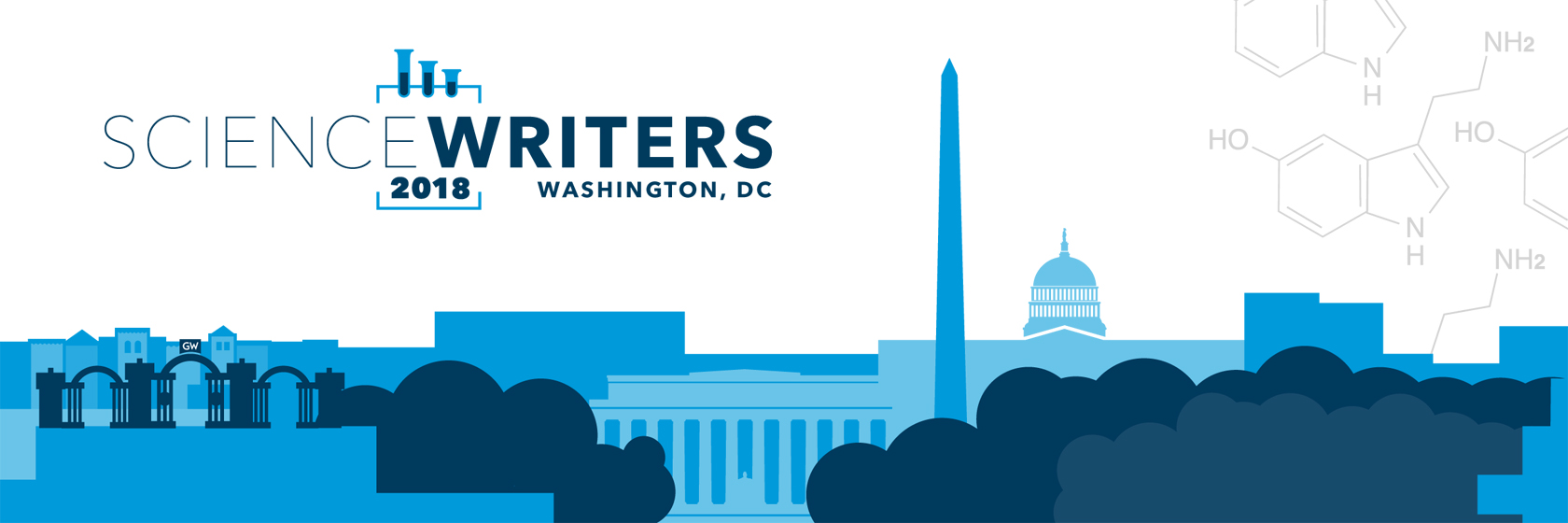Talking with young people about science in the age of #fakenews
At a time when adults seem unable to act on urgent issues like climate change — or even to accept the basic science behind those issues — communicating with young people about science may be especially critical. In a few short years, these young people will be voters. To make good decisions, they'll need both science literacy and media literacy — the ability to judge a story's credibility and authenticity. And writers for this audience have to compete with other voices, like a youth's peers and parents.
In this panel, we'll talk about how to present information that might conflict with youth readers' existing beliefs without driving them away — a skill also relevant to those of us writing for adult readers. We also will talk about strategies for making meaningful connections with our audiences and regaining the public's trust in media, such as finding ways to show the public who journalists are and what they really do. Panelists will share insights and experience from diverse realms, including news literacy training, public engagement and outreach, and science journalism for middle and high school students.
Social media hashtag: #scimedialiteracy
- Time:
- Saturday, October 13th, 2:00 pm to 3:15 pmAdd to Calendar
- Location:
- Marvin Center, Room 309
- Speaker(s):
- Jennifer CutraroFounder, Science Storytellers, Boston, Mass.
- Janet RaloffEditor, Science News for Students, Washington, D.C.
- Damaso ReyesDirector of community partnerships and engagement, News Literacy Project, New York, N.Y.
- Kelly April TyrrellSenior science writer, University of Wisconsin-Madison, Madison, Wis.
- Moderator(s):
- Elizabeth PrestonFreelance writer, Boston, Mass.
- Organizer(s):
- Jennifer CutraroFounder, Science Storytellers, Boston, Mass.
- Elizabeth PrestonFreelance writer, Boston, Mass.




